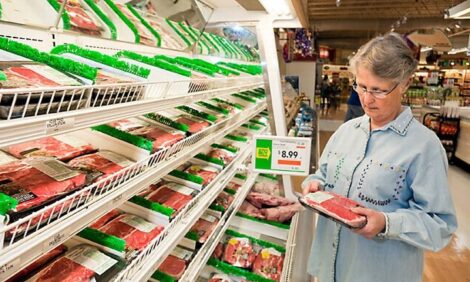



Research Spells Out Need For Bull Fertility Testing
NEW ZEALAND - Bulls look impressive in the paddock but they might be less impressive when it comes to their ability as sires. A Meat & Wool New Zealand-funded study on bull fertility has shown that 26 per cent of mixed age commercial bulls are unlikely to have good fertility.
“The message is farmers should get their bulls tested,” says Meat & Wool New Zealand Farm Services Research Manager Dr Andy Bray. “The test for serving capability – checking genitalia function and soundness – should be an annual event. Tests for semen quality can also be worthwhile. Currently only 5.5 per cent of bulls are tested for both aspects of fertility.”
With funding from Meat & Wool New Zealand, Massey University ran fertility and service tests on 415 bulls. Both older bulls from commercial farms and younger bulls from studs were included in the two-year study.
Older bulls were more likely to fail than younger bulls (31 per cent versus 9 per cent respectively). This was mainly because of structural problems for mating, such as sore hips or legs.
The project puts across a good case for testing bull’s mobility, structural soundness and semen quality. However, a semen abnormality can be a temporary problem, and follow up testing is recommended before culling.
As part of the wider Beef Fertility project farmers were surveyed on their management of bulls.
Farmers may be setting themselves up for a shock at pregnancy testing time as, on average, only 22 per cent test their bulls annually for serving capability. Even fewer (8 per cent) test semen health. The risks are greater when only one bull is put with the cows and this happens 20 per cent of the time, according to survey results.
Although the test for both serving capability and semen health can be around $150, this needs to be weighed up against the risk of fewer or no calves.
TheCattleSite News Desk


